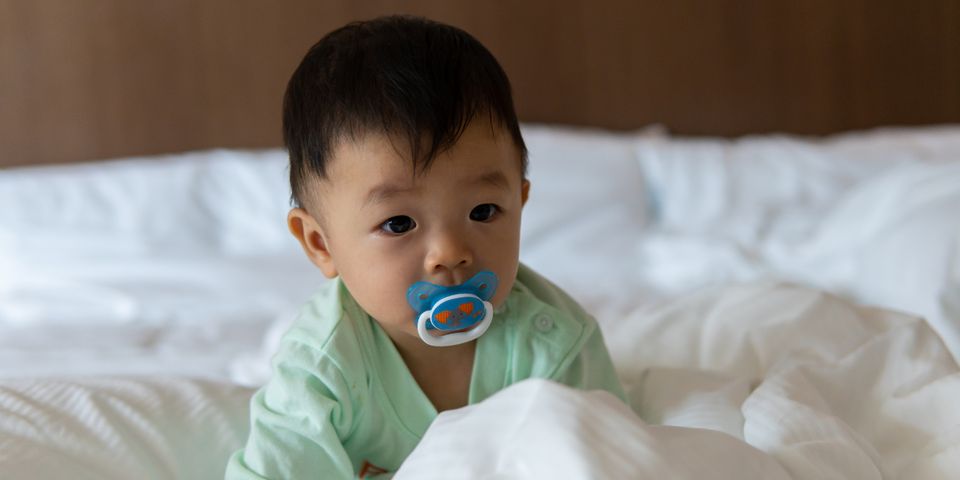How Do Pacifiers Affect Infant Oral Health?

Pacifiers are soothing tools that provide comfort and security for babies. However, the longer children rely on these items, the greater the risk of infant oral health issues like abnormal teeth alignment. The guide below explains why pacifiers can be harmful and what you can do to protect your baby’s smile.
Problems Pacifiers Can Cause
Before a baby develops teeth, a pacifier is perfectly safe. The problem is that using this item often becomes a long-term habit that’s hard to break. Sucking on a pacifier or thumb typically causes the roof of the mouth to become narrow or misshapen. As teeth come in, they can grow out of the gum misaligned.
Pacifiers can lead to buck teeth, which is the protrusion of the front teeth, and open bites, where teeth sit at an outward angle and may not fully touch when the mouth is closed.
The misalignment of teeth, called malocclusion, can create speech impediments and make eating more difficult. These issues sometimes leave kids at risk of developing self-esteem issues or social anxiety. Some children can have trouble brushing or flossing as well, increasing the chance of cavities, gum disease, and other oral health issues. Children aged 2 and older are especially susceptible to problems caused by pacifiers.
How to Help Break the Habit

Fortunately, parents can take steps to prevent future problems and preserve infant oral health. Sucking is a natural soothing response for infants up to 12 months, but as your baby reaches the end of their first year, you should gradually begin to wean them off the habit. Suddenly quitting cold turkey could be stressful for your little one.
Start by only offering the pacifier as needed. If your baby spits it out, don’t try to put it back. Once they seem accustomed to this, only give them the item when it’s naptime or bedtime. Provide a toy or lovey as a comforting substitute. Whenever they go without their pacifier, use positive reinforcement and praise your child.
When you start the process of reducing pacifier use, talk to a pediatric dentist. They can offer professional advice and a mouth appliance to help break the habit. This dental device prevents the thumb or pacifier from resting in the mouth comfortably, discouraging the behavior altogether.
When your child needs to transition out of pacifier use, the experienced team at Pedodontic Associates will help you through this process. With offices on Oahu and Maui, this children’s dentist offers gentle pediatric dentistry in a friendly and comfortable setting. They emphasize the importance of infant oral health and preventative dental care to promote a lifetime of good habits and confident smiles. To make an appointment, call the Aiea location at (808) 487-7933, the Honolulu office at (808) 735-1733, or the Kahului team at (808) 877-0066. Visit their website to learn more about their services.
About the Business
Have a question? Ask the experts!
Send your question

